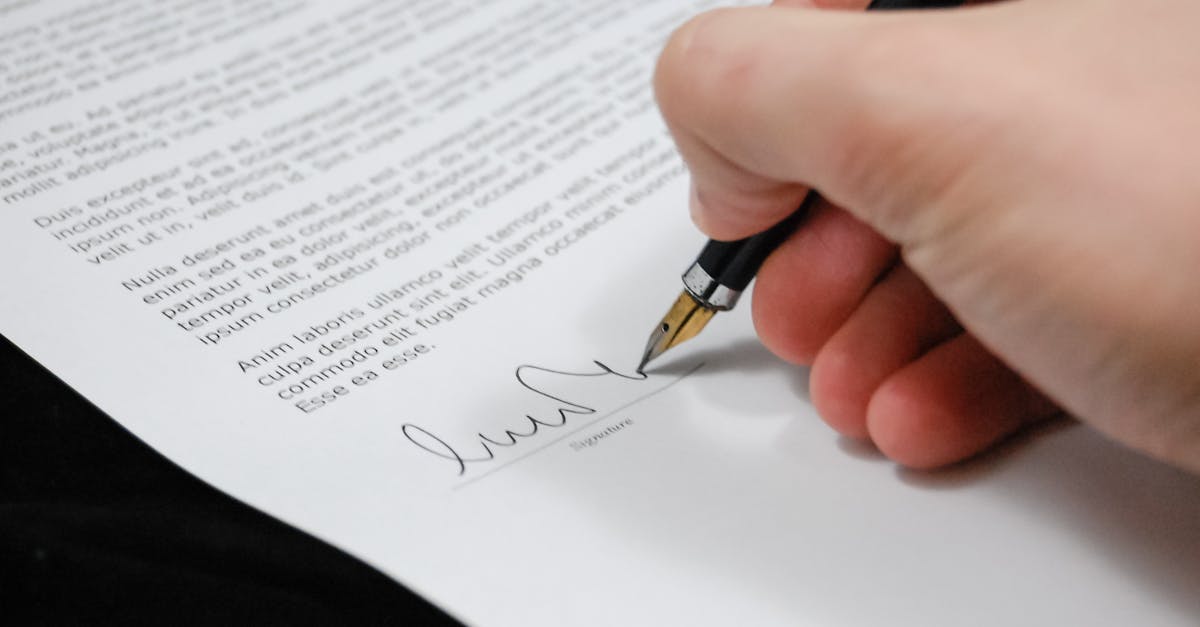Hawaii's business community is watching with keen interest as the Simplifying Permitting for Enhanced Economic Development (SPEED) Task Force begins its work. This 34-member interagency group is tasked with identifying and rectifying inefficiencies within the state's building permit processes. The goal is clear: to simplify and streamline permit approvals to enable more construction and, consequently, stimulate economic development across the islands.
The formation of the SPEED Task Force signals a proactive approach to address a long-standing challenge for developers and contractors in Hawaii. Lengthy and complex permit processes have often been cited as a significant impediment to timely project completion and increased construction costs. Streamlining these processes has the potential to significantly benefit various sectors, including real estate, tourism, and numerous small businesses involved in construction-related activities.
The effort to reform permitting procedures in Hawaii echoes similar initiatives across the country. For instance, Florida's expedited building permit reforms, effective January 1, 2025, are creating stricter approval timelines and enhanced auditing standards. These kinds of reforms aim to reduce project delays and ensure compliance. The Hawaii task force will need to consider best practices elsewhere while tailoring solutions to the unique circumstances of the state's economy and regulatory environment.
It is reasonable to be cautiously optimistic about the potential of the SPEED Task Force. Successful implementation of its recommendations could lead to a more efficient system, benefiting local entrepreneurs, investors, and the broader economy. Clear timelines, transparency, and digital solutions could become integral parts of the building permit process. Furthermore, aligning local regulations with state and federal guidelines, such as those related to aquaculture, could offer additional opportunities for growth. For example, the Land Use Commission and the Advanced Reporting both contribute to the regulatory environment. By integrating technology and streamlining processes, Hawaii can work to foster more construction.



